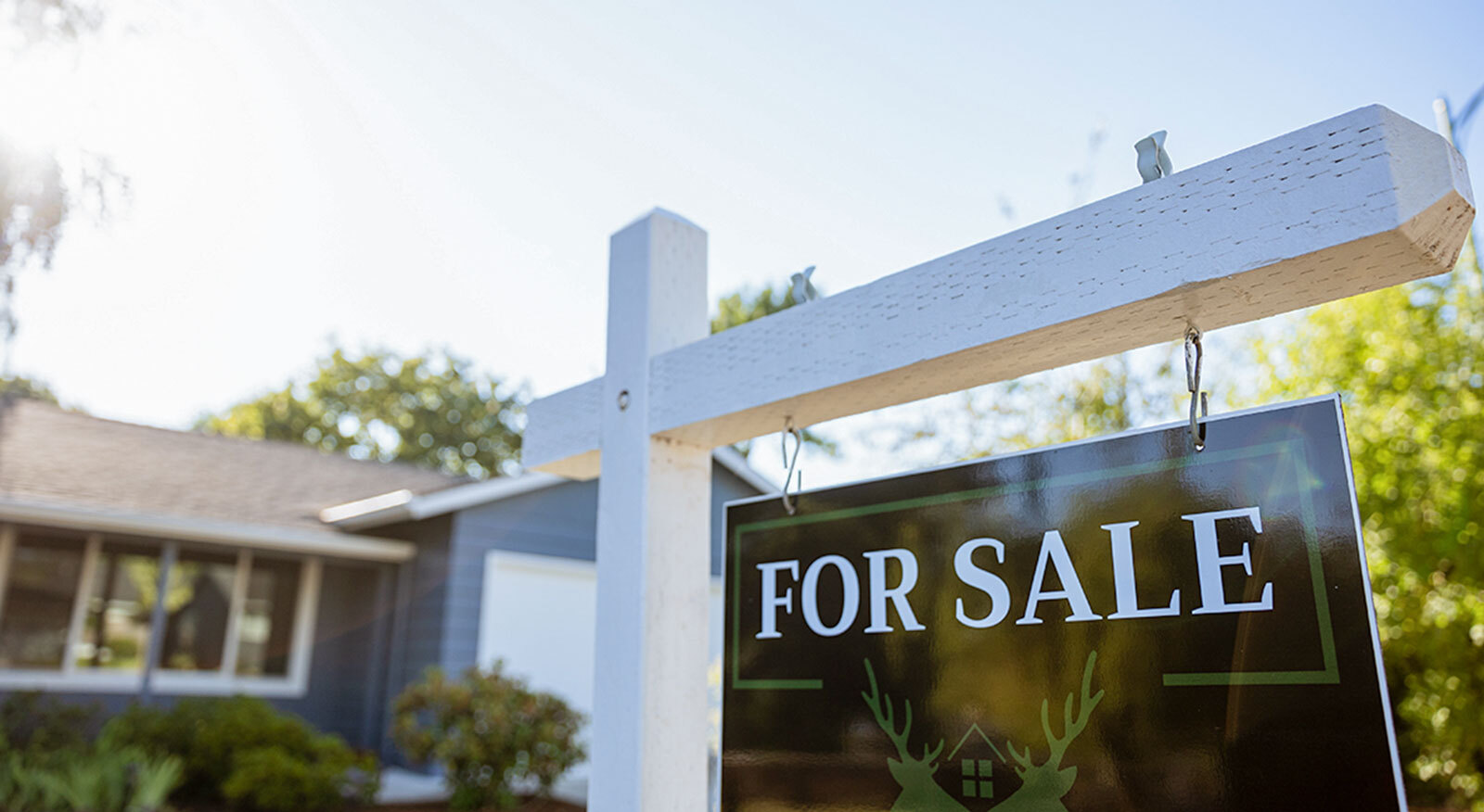Homeownership is a fulfilling dream for most Americans, but getting there can be a confusing time. Especially when scammers are trying to get a piece of the pie.
Helping to keep your finances safe is a goal of our mortgage lending team at Regions Bank. And we’re not alone.
The FBI works closely with financial institutions, lenders and industry associations to track, investigate and hold perpetrators of fraud accountable. The penalties can be severe: 30 years of prison and up to $1 million in fines.
But that doesn’t stop criminals from trying to take advantage of innocent people through mortgage fraud scams. Keep in mind, big purchases mean prime opportunity for criminals.
Of course, this happened on a Thursday, leading into a long holiday weekend. That’s a common tactic. Sheri Whitley, Regions Bank Mortgage Loan Officer
Sheri Whitley, a Regions Bank Mortgage Loan Officer based in Charlotte, North Carolina, remembers a client who was taken advantage of a few years ago by a scammer posing as her closing attorney.
“The borrower was excited to keep things moving,” Whitley remembered. “On top of that, closing can be quite intense. They got an email from whom they thought was the closing attorney, with wiring instructions.
“Of course, this happened on a Thursday, leading into a long holiday weekend. That’s a common tactic. A day later, their real closing attorney checked in to say they were close to having a final number from the closing department.”
That sent off alarm bells. The client had already wired a significant sum for the downpayment from her personal bank to another bank (neither of which was Regions). Unfortunately, even after discovering criminals hacked the attorney’s account to pull off the crime, the money was not recoverable. Yes, these criminals move fast.

The moral of the story: no matter how urgent a request is, take the time you need to verify everything.
“Call a number you know to be the attorney’s office, or one that your real estate agent or the lender has given you.” Whitley said. “Get instructions from them on where to send the wire. Don’t call a number from a text or email message.”
As part of National Homeownership Month, Regions wants you to safely make the move to a new home. And the best way to help that is to educate about potential mortgage fraud scams.
5 Mortgage Fraud Prevention Tips
- STOP. CALL. CONFIRM. Contact your lender for help and confirmation when something seems suspicious.
- Verify the companies are legitimate.
- Do not pay upfront fees.
- Don’t sign documents that you do not understand.
- Report suspicious activity.
And, to stay safe, learn to recognize the methods scammers will use.

What are Some Mortgage Fraud Warning Signs?
- Requesting money up front.
- Requests for personal or financial information to make changes to payment information.
- Pressure to sign documents immediately.
- Verbal payments.
- Guarantees that are too good to be true.
- The scammer asks you to stop making payments or stop communicating with your lender.
“Buying a home can be an emotional time, and it’s easy to get frustrated,” Whitley said. “But these things take time for a reason. The best way to protect yourself is to keep communication open. If you have a question, go to your mortgage lending officer. We’re here to help.”
Additional Resources from Regions.com
Related Articles from Doing More Today
The information presented is general in nature and should not be considered, legal, accounting or tax advice. Regions reminds its customers that they should be vigilant about fraud and security and that they are responsible for taking action to protect their computer systems. Fraud prevention requires a continuous review of your policies and practices, as the threat evolves daily. There is no guarantee that all fraudulent transactions will be prevented or that related financial losses will not occur. Visit regions.com/STOPFRAUD or speak with your Banker for further information on how you can help prevent fraud.